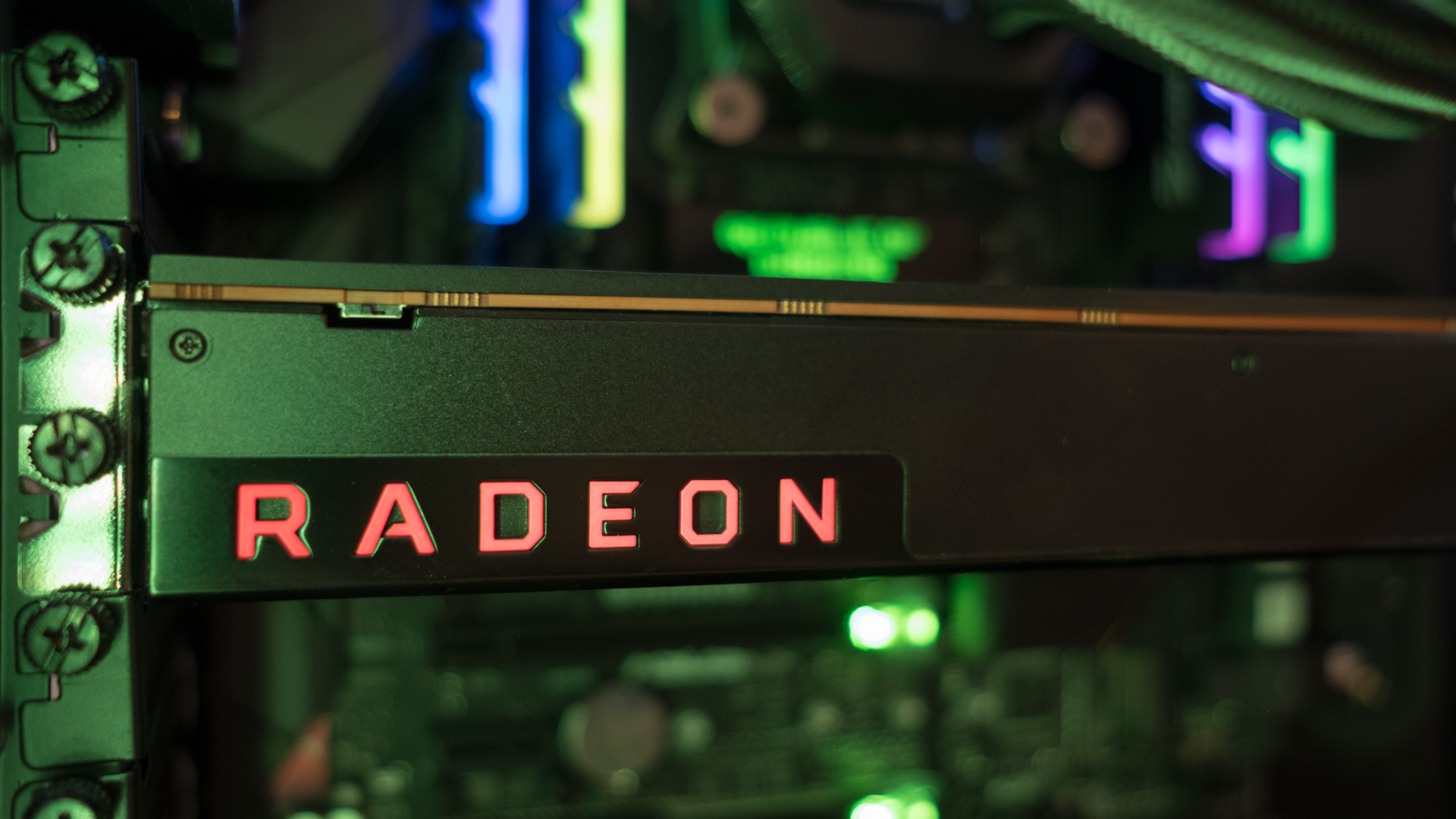AMD has big plans to turbocharge its graphics cards
RSR arrives with new driver tomorrow, followed by FSR 2.0 in Q2

AMD’s new graphics driver arrives tomorrow with some major new features, including the introduction of Radeon Super Resolution (or RSR).
RSR was first revealed at CES 2022, where AMD made some enticing promises of the tech allowing some games to run up to 70% faster. So, there’s been some excitement around the launch of this feature as a result, and many gamers will doubtless be queueing up to grab the new driver to give RSR a test run.
RSR is a frame rate boosting feature, then, but how is it different from AMD’s DLSS rival, FSR (FidelityFX Super Resolution), which is already out there? Well, RSR is powered by the same tech, but the beauty of RSR is that it works via the driver across all games (in theory – AMD asserts that it will play nice with thousands of titles, at any rate).
FSR, on the other hand, requires the game to be coded to support it, so applies much more narrowly.
Speaking of FSR, AMD is rumored to be unveiling version 2.0 of this tech tomorrow, as well, ahead of a demo apparently planned for GDC 2022 later this month. As per VideoCardz’s sources – the tech site also flagged up the YouTube video (see below) confirming what’s in the incoming AMD driver – FSR 2.0 is expected to deliver improved image quality compared to the original FSR, using temporal data and including optimized anti-aliasing. FSR 2.0 is in theory arriving at some point in Q2, so by June with any luck.
The new Adrenalin driver also packs another notable feature for gamers aside from RSR, namely AMD Link (which allows people to connect and remotely play local co-op games) getting bolstered with support for four-player multiplayer.
Analysis: Trade-offs for broader support are obviously present
AMD said RSR would debut in Q1, so it’s good to see that the tech is arriving on schedule. As noted, the big deal here is that compared to FSR, it will work much more broadly across a huge range of PC games. Indeed, FSR is only supported by around 50 games at the last count.
Sign up for breaking news, reviews, opinion, top tech deals, and more.
The caveat – yes, there had to be one – is that the results of RSR won’t be as impressive as FSR, but that’s to be expected; there’s going to be a trade-off, naturally. The catch with RSR is that image quality will be somewhat inferior, and that it upscales everything on-screen, so things like interface elements or text might end up looking a bit funky.
While we’re on the subject of caveats, VideoCardz has laid eyes on the press material for RSR, and further asserts that it will require a Radeon RX 5000 or newer AMD GPU (with no Polaris/Vega support – and of course, being in the Radeon driver, it obviously won’t cover certain Nvidia cards as FSR does).
- Check out all the best gaming PCs
Darren is a freelancer writing news and features for TechRadar (and occasionally T3) across a broad range of computing topics including CPUs, GPUs, various other hardware, VPNs, antivirus and more. He has written about tech for the best part of three decades, and writes books in his spare time (his debut novel - 'I Know What You Did Last Supper' - was published by Hachette UK in 2013).